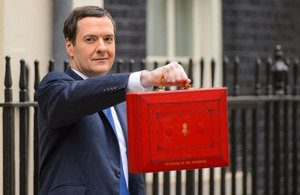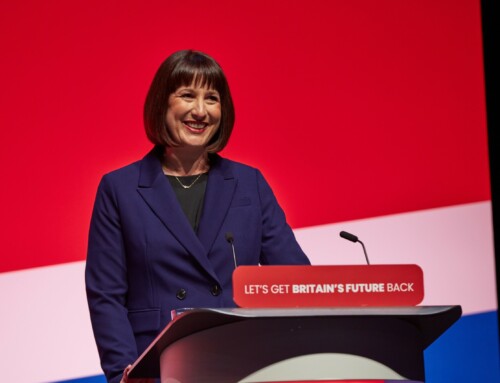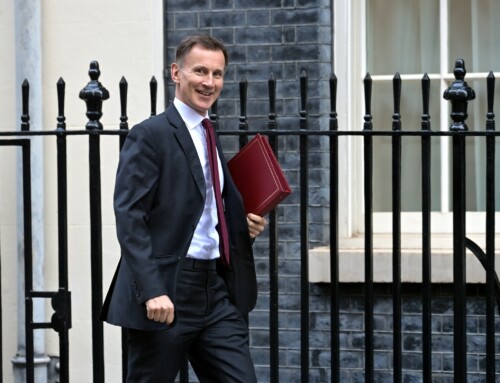The Chancellor has presented his Budget to Parliament. Here’s a summary of what he announced:
Tax and employment
- Personal tax-free allowance will be increased to £10,600 in April 2015, £10,800 in April 2016, and to £11,000 in April 2017.
- The higher rate band will also increase by £315 in 2016-17, and by £600 in 2017-18 – taking it to £43,300 in 2017-18.
- Employers’ National Insurance contributions for under-21s to be abolished from this April, and for young apprentices from April 2016.
- Class 2 National Insurance contributions for the self-employed to be abolished entirely in the next parliament.
- National Minimum Wage will rise by 20p an hour to £6.70 from October.
- Corporation tax to be cut, in two weeks time, to one consistent rate for companies of 20%.
Savings and Pensions
- A new Personal Savings Allowance so that the first £1000 of savings income is tax free for basic rate taxpayers, and the first £500 for higher rate taxpayers, taking 95% of Britons out of savings tax altogether.
- A new Help to Buy: ISA scheme to support those saving to buy their first home. For every £200 saved for a deposit, the Government will top it up with £50 with a maximum government bonus of £3,000 for those who save £12,000.
- Pension pot lifetime allowance to be reduced from £1.25m to £1m from April 2016.
Duties
- Beer duty to be cut for the third year running, with 1p off the price of a pint. Cider duty to be cut by 2%. Duty on scotch whisky and other spirits to be cut by 2%. Wine duty to be frozen.
- Fuel duty increase scheduled for September is cancelled.
Other measures which will impact the South West
- South West to receive £7bn in transport investment.
- The government is investing up to £600 million to deliver better mobile networks, and is announcing a new ambition that ultrafast broadband of at least 100 megabits per second should become available to nearly all UK premises in the country.
- Eight new enterprise zones across Britain, including Plymouth.
- Farmers will be allowed to average their incomes for tax purposes over five years (previously only two).




